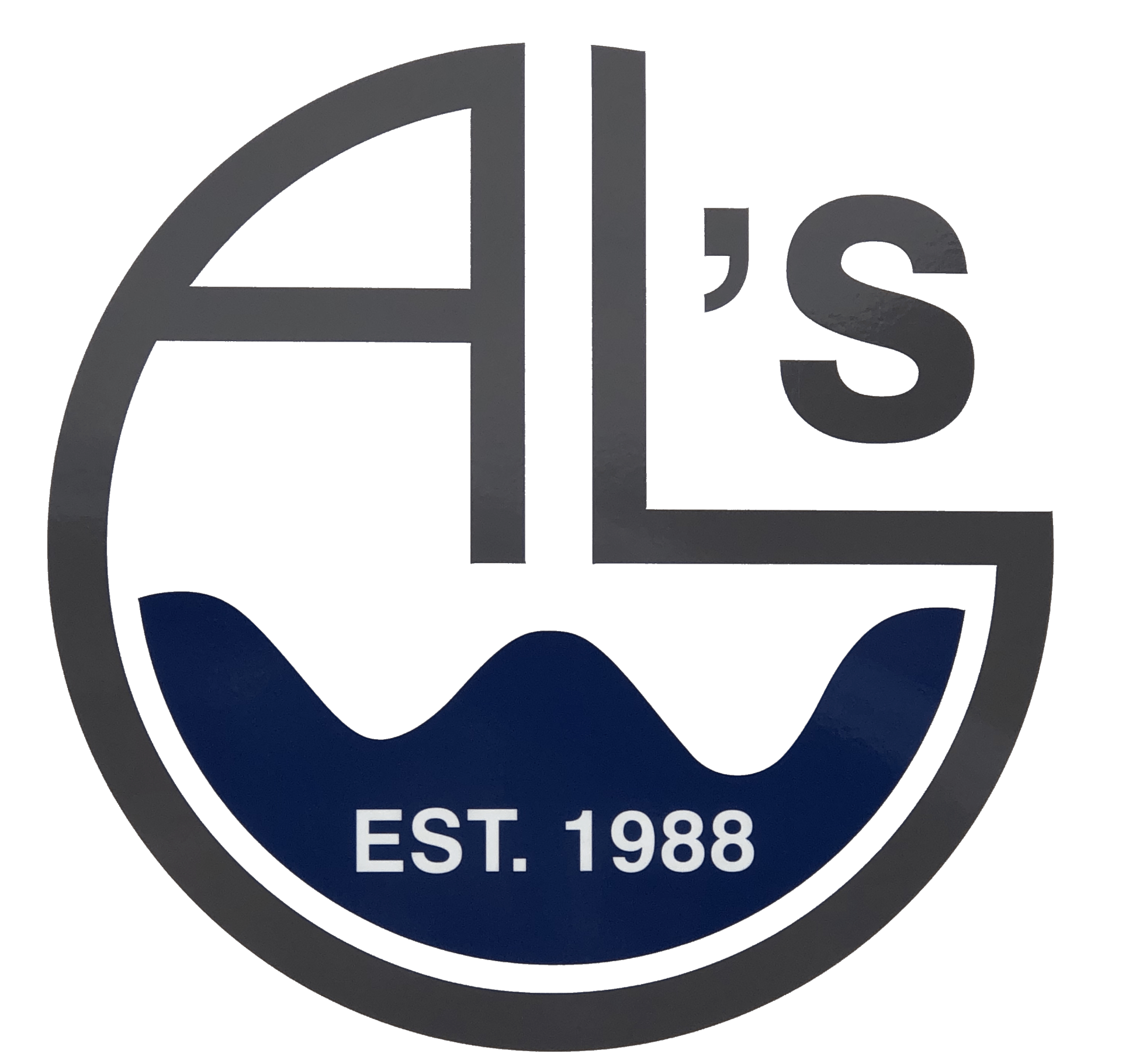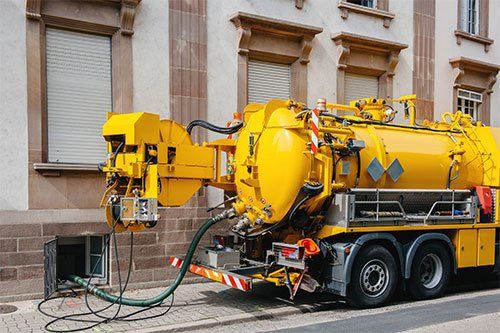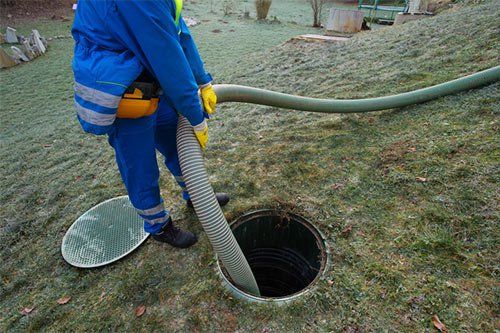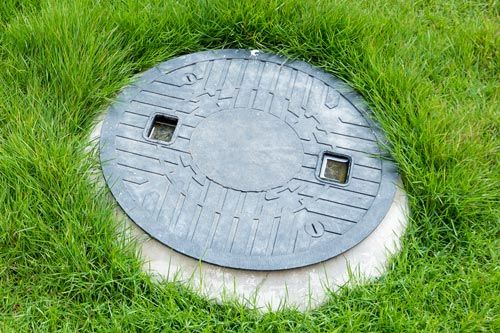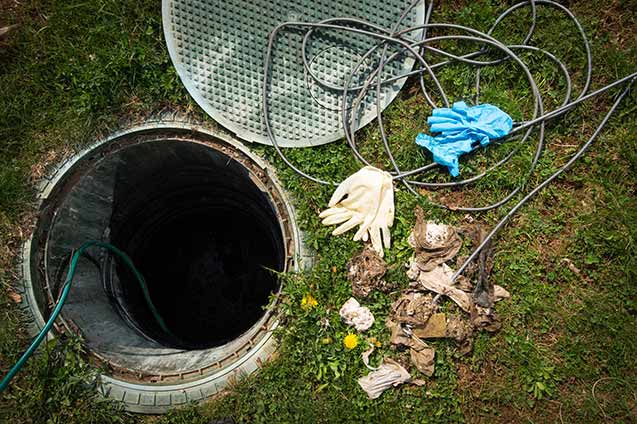3 Signs Your Septic Tank Should Be Pumped
- By Admin
- •
- 22 Aug, 2018
- •
When you think about home maintenance, you probably think about washing the exterior siding, mowing the lawn, and shampooing the carpet. While these tasks are necessary, maintaining a healthy, functional septic system is also important.
Your septic tank is capable of breaking down some waste and debris. However, over time, excess waste and debris may build up faster than the septic system can break it down. This excess buildup can lead to a backed-up tank that can affect your home and yard. Thankfully, pumping your septic tank can improve the system's function. Here are three signs professionals need to pump your septic tank.
Your septic tank is capable of breaking down some waste and debris. However, over time, excess waste and debris may build up faster than the septic system can break it down. This excess buildup can lead to a backed-up tank that can affect your home and yard. Thankfully, pumping your septic tank can improve the system's function. Here are three signs professionals need to pump your septic tank.
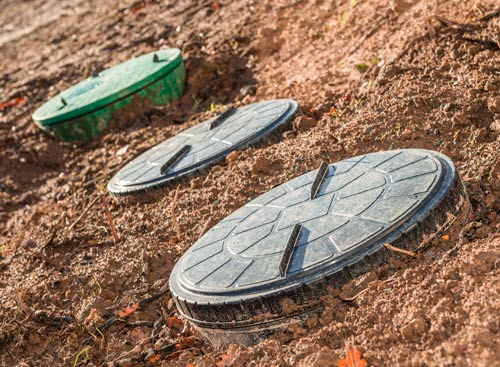
1. Timing Says So
The number of people in your household and the size of your septic tank will determine when pumping is necessary. A smaller size tank in a house with multiple family members will need to be pumped more frequently than a home with a larger tank or fewer members of the household.
For example, if you have a septic tank with a 1,000-gallon capacity, which is common and required in most areas of the country, you may think you have sufficient room for your family's waste. Unfortunately, this tank may fill up faster than you think if you have a large family.
If you’re not sure how often you should pump your tank, speak with a professional. They’ll be able to give you a qualified estimate based on your septic tank and your family’s needs.
For example, if you have a septic tank with a 1,000-gallon capacity, which is common and required in most areas of the country, you may think you have sufficient room for your family's waste. Unfortunately, this tank may fill up faster than you think if you have a large family.
If you’re not sure how often you should pump your tank, speak with a professional. They’ll be able to give you a qualified estimate based on your septic tank and your family’s needs.
2. Constant Clogs and Slow Drainage
Another common sign that it may be time to pump your septic tank is if you are noticing slow drainage or clogs in your sink, tub, and toilet drains.
If waste has filled the septic tank, it will begin to move back into the septic lines, reducing the ability for other water and waste to flow out of the sinks, tubs, toilets, and even certain appliances. This results in poor drainage and even possible clogged sinks, tubs, and toilets.
Determine the location of your drainage issues inside the home.
If drainage issues and clogs are occurring in multiple areas of the home, such as sinks, tubs, and toilets in different areas of the home, it is most likely a septic problem. If the problem is affecting one drain, there may be an issue with that specific drain only.
To ensure water and waste is flowing properly and safely out of the home, make sure to have your septic tank pumped.
If waste has filled the septic tank, it will begin to move back into the septic lines, reducing the ability for other water and waste to flow out of the sinks, tubs, toilets, and even certain appliances. This results in poor drainage and even possible clogged sinks, tubs, and toilets.
Determine the location of your drainage issues inside the home.
If drainage issues and clogs are occurring in multiple areas of the home, such as sinks, tubs, and toilets in different areas of the home, it is most likely a septic problem. If the problem is affecting one drain, there may be an issue with that specific drain only.
To ensure water and waste is flowing properly and safely out of the home, make sure to have your septic tank pumped.
3. Foul Odors
As the tank fills up, the septic system will release gasses. These gasses will be released through a variety of locations including through the toilets and drains inside your home. Also, the gasses will also be released out of the actual septic tank, affecting the air around your home.
If you notice a foul odor that resembles rotten eggs, hydrogen sulfide may have been released from your septic system. The gas is strong and easy to smell, so smelling the rotten egg odor suddenly is a strong sign that there is an issue with your septic system.
The foul odor is unappealing, but the combination of hydrogen sulfide and other gasses such as ammonia nitrogen dioxide can be hazardous to your health. Constant exposure to septic gasses can irritate your skin and eyes, coughing, and even breathing difficulties.
Of course, foul odors permeating out of your drains does not necessarily indicate you have a septic issue. In some instances, food residue may be lingering in your drains, causing the odors.
Help is available if you believe your septic system is in a state of distress. If one or more of the above issues apply to you and your home, you need essential maintenance services. For more information on maintaining or pumping your septic tank, contact Al's Septic Tank Service.
If you notice a foul odor that resembles rotten eggs, hydrogen sulfide may have been released from your septic system. The gas is strong and easy to smell, so smelling the rotten egg odor suddenly is a strong sign that there is an issue with your septic system.
The foul odor is unappealing, but the combination of hydrogen sulfide and other gasses such as ammonia nitrogen dioxide can be hazardous to your health. Constant exposure to septic gasses can irritate your skin and eyes, coughing, and even breathing difficulties.
Of course, foul odors permeating out of your drains does not necessarily indicate you have a septic issue. In some instances, food residue may be lingering in your drains, causing the odors.
Help is available if you believe your septic system is in a state of distress. If one or more of the above issues apply to you and your home, you need essential maintenance services. For more information on maintaining or pumping your septic tank, contact Al's Septic Tank Service.
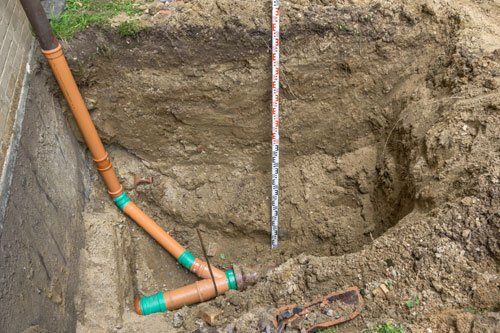
Tree roots are a common cause of clogged sewer lines, leading to sewage backups in your home. These clogs are insidious because they seem to happen without warning. That's not quite true, though — often there are warning signs. Learn why this happens so you can recognize the problem and request sewer line repairs as soon as possible

It's estimated the average American uses approximately 88 gallons of water each year. In addition to being expensive, using too much water can have a terrible impact on the environment and your septic system. Using too much water throughout the day for several weeks or months on end can overload your septic system, which can be disastrous.
Here is some important information about water conservation and your septic system – including tips to help you reduce your water usage.
Here is some important information about water conservation and your septic system – including tips to help you reduce your water usage.
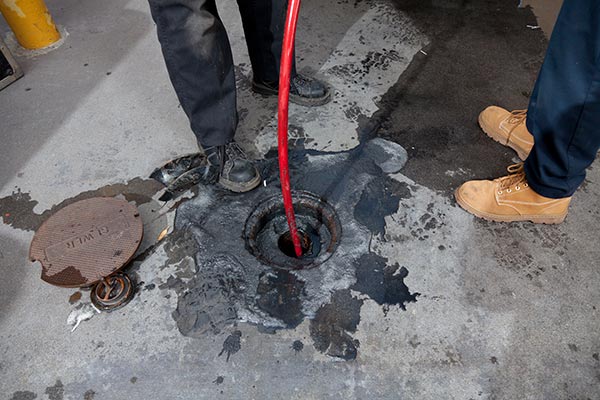
Properly caring for your septic system, which includes having it inspected yearly and pumped on a regular schedule, will ensure that it continues to work smoothly. If you're a new septic system owner, you might not be aware of the common mistakes that can cause your septic tank to backup, overflow, or completely fail.
Here are four of the most common septic system owner mistakes that you need to avoid.
Here are four of the most common septic system owner mistakes that you need to avoid.

Blogging is all about content and how you present it to the viewer. The content needs to be accurate (both the language and the information), to the point (Give people what they want) and useful for the reader ("I wanted to know about iPhone 6, not the history of Apple").
Here are some guidelines for writing a professional post:
Here are some guidelines for writing a professional post:

Welcome to your new blog!
Use the blog to tell a story, share information and knowledge, help your customers and drive traffic to your site. Your work on the blog will advance your site in search engines and bring new visitors who find your input useful.
A blog is based on posts (just like this one). Posts are the building blocks of the blog. All blog elements take their content dynamically from the posts you create.
The blog elements include:
Use the blog to tell a story, share information and knowledge, help your customers and drive traffic to your site. Your work on the blog will advance your site in search engines and bring new visitors who find your input useful.
A blog is based on posts (just like this one). Posts are the building blocks of the blog. All blog elements take their content dynamically from the posts you create.
The blog elements include:
